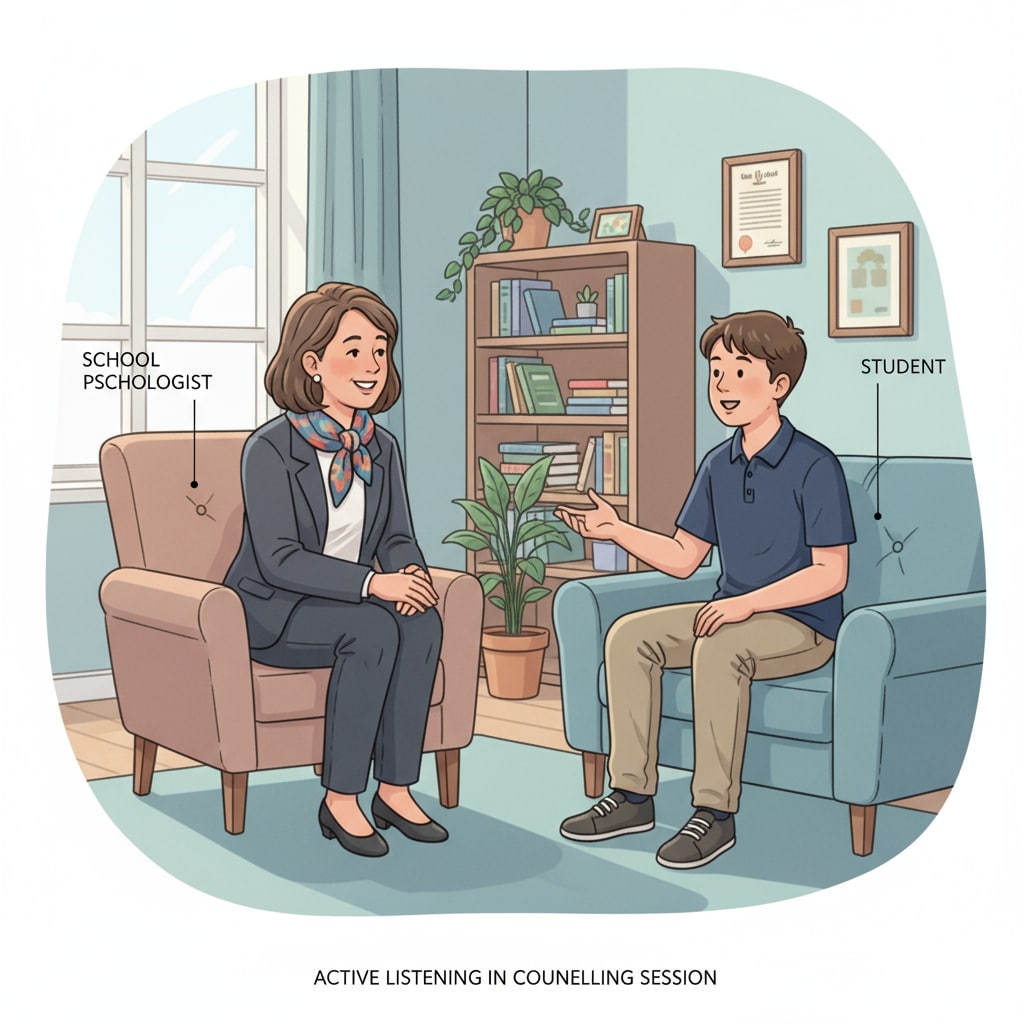When it comes to career choices in the education field, the options of school psychology and administration stand out. These two paths offer unique opportunities and challenges for individuals with non-education backgrounds but campus work experience, especially those looking to make a mark in the K12 education system.

The Allure of School Psychology
School psychology focuses on the mental health and well-being of students. Professionals in this field play a crucial role in identifying and addressing emotional, behavioral, and learning issues. For example, they might work with students who are struggling with anxiety or have learning disabilities. According to the American Psychological Association, school psychologists help create a supportive environment where students can thrive academically and personally.

The Realm of Educational Administration
On the other hand, educational administration involves managing the day-to-day operations of a school. Administrators are responsible for tasks such as curriculum planning, budget management, and staff hiring. They ensure that the school runs smoothly and that educational goals are met. As stated on Education World, effective administrators are the backbone of a successful school.
Making the choice between school psychology and educational administration requires careful consideration. You need to assess your skills, interests, and long-term career goals. Those who are passionate about helping students on a personal level may find school psychology more appealing, while those with strong leadership and organizational skills might lean towards administration.
Readability guidance: By breaking down the information into short paragraphs and using lists where possible, we aim to make this content easily understandable. Each H2 section provides a clear focus, and we’ve incorporated transition words like “however”, “therefore”, and “for example” to enhance the flow. The passive voice is used minimally, and long sentences are kept to a reasonable proportion.


